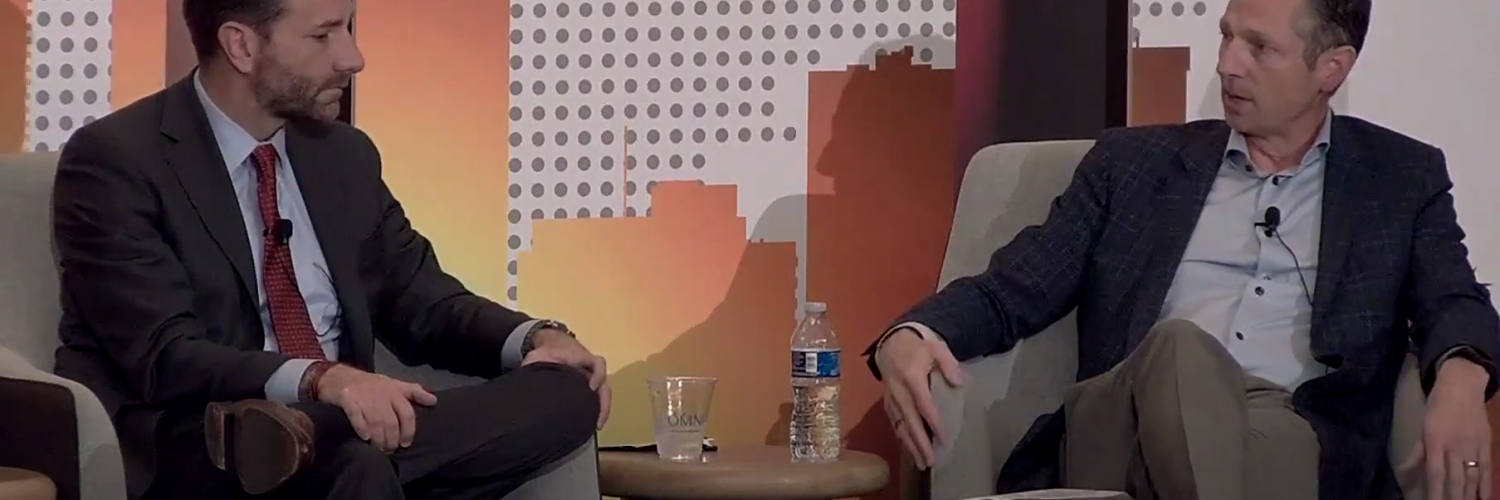The Center for the Study of Economic Liberty at Arizona State University recently hosted its Avenues to Opportunity Conference, an event supported by a gift from The Lynde and Harry Bradley Foundation through the School of Civic and Economic Thought and Leadership.
The conference concentrated on strategies to eliminate hurdles for entrepreneurs, aiming to create a framework for rethinking policies that can enhance human betterment and explore regulatory settings that foster optimal economic results for the largest number of people.
The centerpiece of the conference is the Doing Business North America (DBNA) report that provides objective measures of business regulations in the United States across 83 cities in all 50 states, Puerto Rico, and Washington, DC.
Rep. Juan Ciscomani (R-AZ) opened the conference with remarks reflecting on his story of moving to the U.S. from Mexico in pursuit of economic freedom and opportunity.
“I am a proud product of the American dream,” he said. “Our decision to immigrate here to the United States was rooted in opportunity – in the American value of economic liberty afforded to us through the unique opportunities we have here in the United States.”
Autonomous tech
Arizona Chamber of Commerce & Industry President and CEO Danny Seiden was among the invited business leaders who appeared at the event. Seiden discussed Arizona’s statewide initiative to encourage investment into new technologies. He noted the state’s progress in autonomous vehicles. Arizona is currently a leading hub of the testing and commercial deployment of these vehicles. Waymo is one of the leading companies, with vast expansion in the Phoenix Valley region.
Overregulation
Keynote speaker David R. Henderson, a research fellow at the Hoover Institution, focused his remarks on the effects of government regulation in a talk entitled, “The Power to Regulate is the Power to Destroy.”
Henderson argued that regulation, once underway, becomes destructive because there is no logical stopping point for the regulatory activity. On the other hand, deregulation could lead to creativity, production, and increased wellbeing.
He cited examples of regulations that limit economic activity to include onerous permitting and licensing rules, price controls and zoning restrictions.
Henderson mentioned Arizona’s efforts to eliminate onerous occupational licensing rules as a bright spot. The state in 2019 passed into law a major reform to begin accepting occupational licenses earned in another state. More than 6,000 individuals have been able to begin working in Arizona without additional and duplicative training or education.
Seiden also discussed how the government can hold the free market and businesses back. He brought up how the federal Environmental Protection Agency is imposing environmental regulations on Arizona that are overly expansive and that will severely constrain economic growth. Seiden cited ground level ozone regulations that fail to address the real source of emissions. “Eighty percent of the ozone problem that we have comes from outside our state and the majority comes from outside the country,” he said.
Seiden, as well as Sandra Watson of the Arizona Commerce Authority, and Derek Miller of the Salt Lake Chamber, who also participated in the panel, discussed the role that the government should play in business. The idea that the government sets up certain infrastructure and then allows businesses to act freely, competing and innovating was promoted. Seiden mentioned the great work the Arizona Chamber does in supporting business, he specifically spoke about the CHIPS Act.
“It’s now more important than ever for our organizations like the Chamber to have that consistent position on the free market, on the economy, on economic freedom” Seiden said.
















Add comment